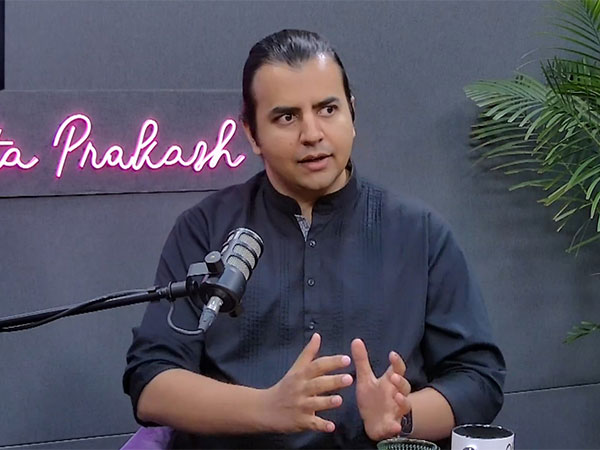Bhavish Aggarwal's Battle Against 'Techno-Colonialism' in India's Data Landscape
Ola CEO Bhavish Aggarwal warns against 'techno-colonialism,' where India's data is exported, processed globally, and sold back. Drawing parallels to historical exploitation by the British East India Company, Aggarwal advocates for homegrown tech solutions and data sovereignty in the AI-driven era.

- Country:
- India
Ola founder and CEO Bhavish Aggarwal has coined the term 'techno-colonialism' to describe the process where India's data is exported to global data centers, processed abroad, and then sold back to India. In an interview with ANI, Aggarwal compared this to the historical exploitation by the British East India Company, highlighting that despite producing a significant portion of the world's data, the benefits remain in the hands of foreign tech giants.
'Only one-tenth of that data is stored in India. Ninety per cent is exported to global data centers, largely owned by big techs. It is processed into AI, brought back into India, and sold to us in dollars. It is precisely what happened 200 years ago with the East India Company,' Aggarwal explained. 'Back then, they exported cotton and imported clothes. Now, we export data and import intelligence. This is techno-colonialism,' he insisted.
Noting a specific case where ANI news content was repurposed abroad and sold back to Indian subscribers without attribution, Aggarwal suggested that Indian publishers should collaborate more to safeguard their interests. He also stressed that these conflicts are technological, not legal, and emphasized building technology rooted in Indian values. Highlighting initiatives like UPI and ONDC, he stated that India produces 20% of the world's digital data, and being a young population, its per capita data production is high.
'We must control our data. It's intellectual property, and it should belong to the creators. We should encourage sharing data in a privacy-preserving manner to create robust intelligence,' Aggarwal said. He underscored the importance of attributing content to original creators and called for a collective societal effort. He also mentioned companies like Krutrim, which generates culturally relevant content in multiple Indian languages, to spearhead this movement. Available in beta since February 2024, Krutrim embodies this philosophy by supporting 22 Indian languages.
(With inputs from agencies.)
- READ MORE ON:
- techno-colonialism
- data sovereignty
- India
- AI
- Bhavish Aggarwal
- Ola
- East India Company
- UPI
- ONDC
- Krutrim










